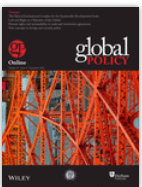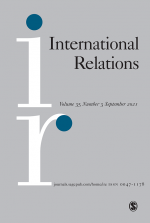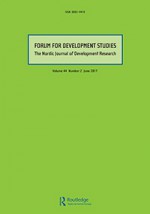EU Studies meets the New Regionalism: What can be gained from Dialogue?
This article explores what can be gained from increased dialogue between European Union (EU) studies and ‘new regionalism’ studies within International Relations (IR), focusing on two crucial analytical dimensions: the link between globalisation and regionalism, and the link between regionalism and the state. First, globalisation is a universal process, and it provides the context for regionalism across the globe, which enhances the potential for cross-fertilisation between EU studies and ‘new regionalism’ studies. Crossregional comparison is, however, constrained by the fact that globalisation’s effects are unevenly spread around the globe. Second, comparing the EU with other forms of regionalism highlights the difficulty faced by scholars when moving across the divide separating advanced industrial states from developing countries/emerging economies. Strong state institutions and structures matter in the shaping of both national and regional governance; so does national wealth. Given the difficulties when trying to work across that divide, a focus on comparative regionalism should be viewed with both excitement and caution. The possibility for dialogue and cross-fertilisation depends therefore strongly on the compatibility of (meta-)theoretical perspectives and basic assumptions about states as well as regional institutions.








